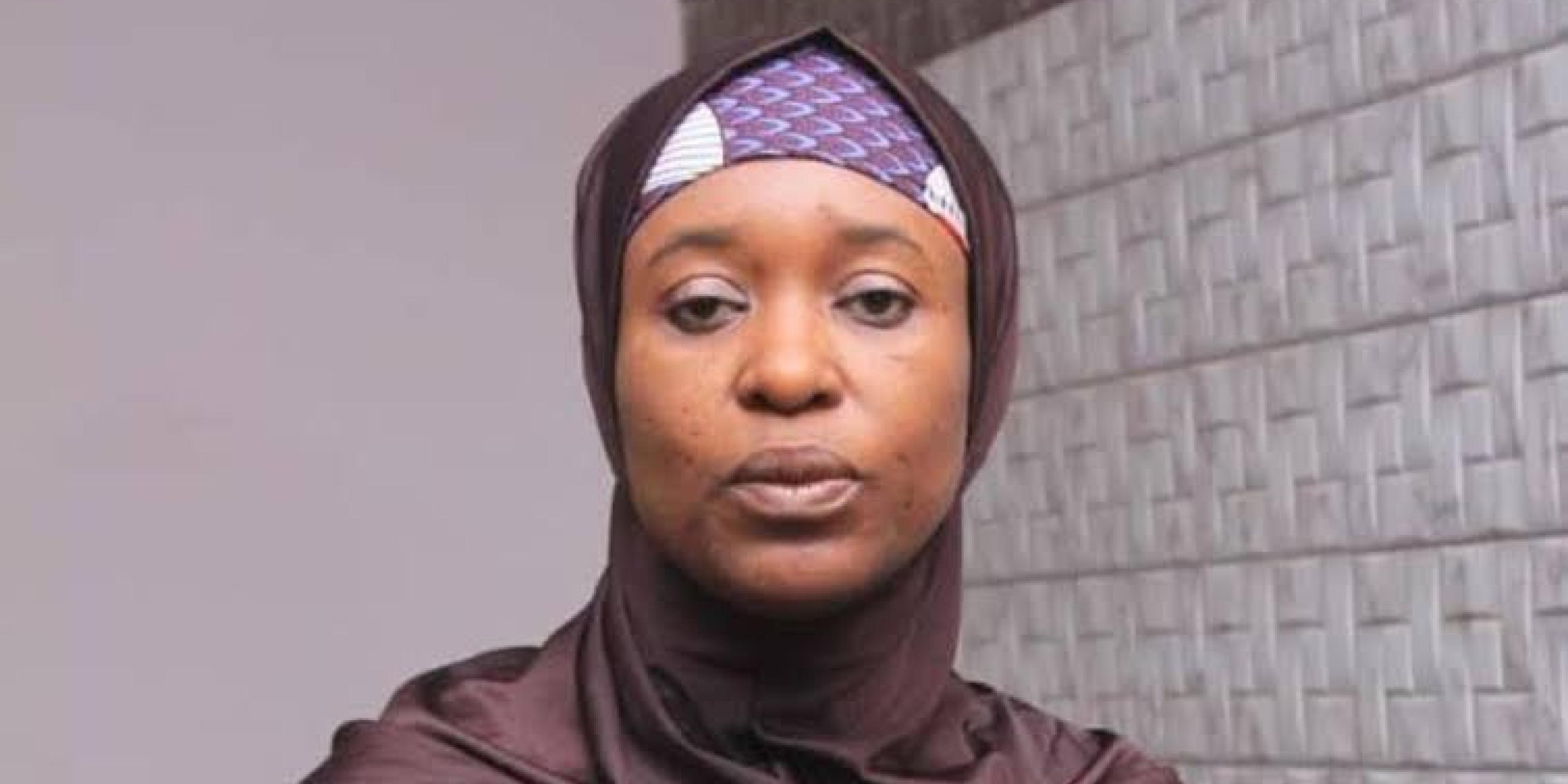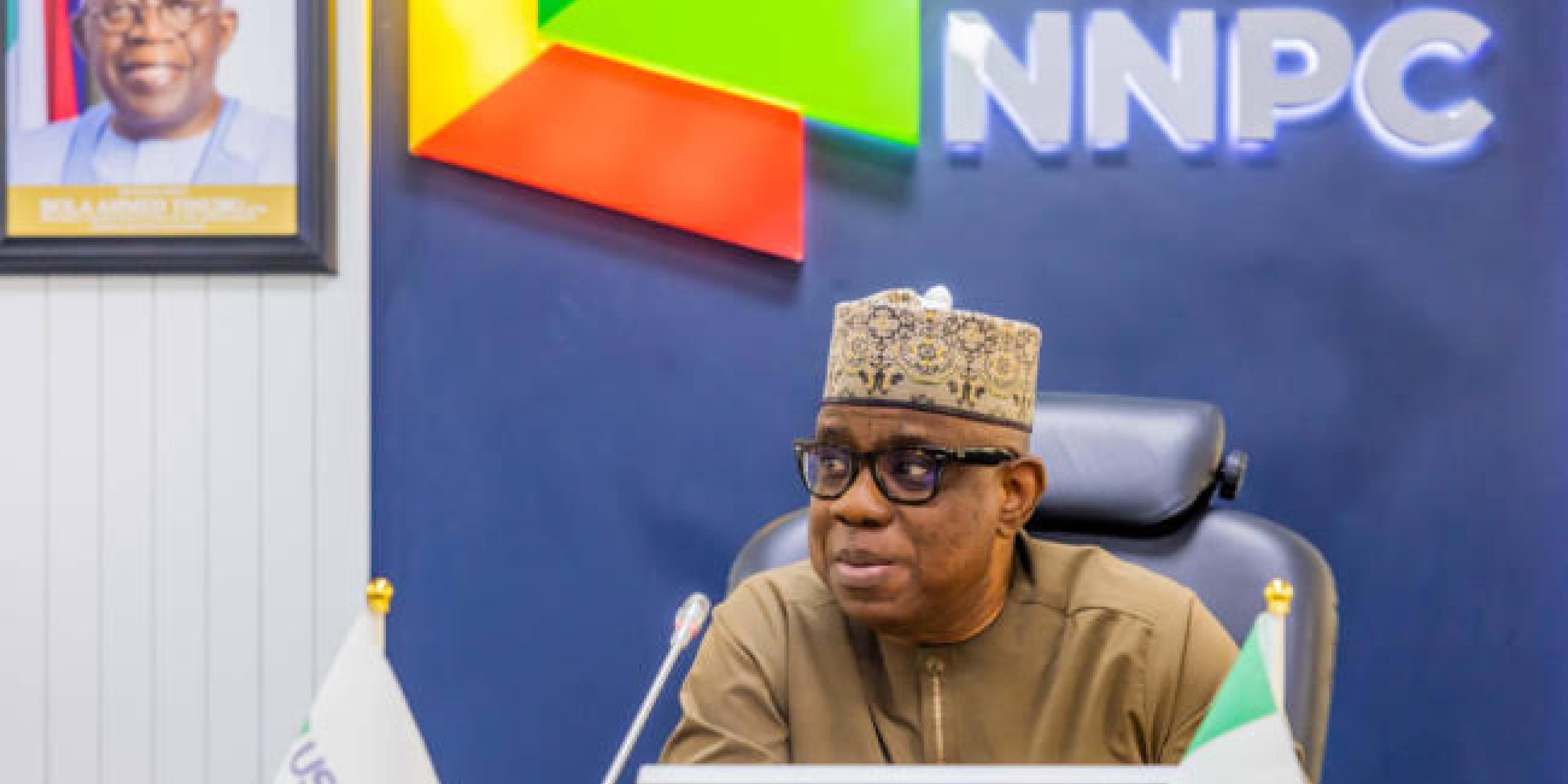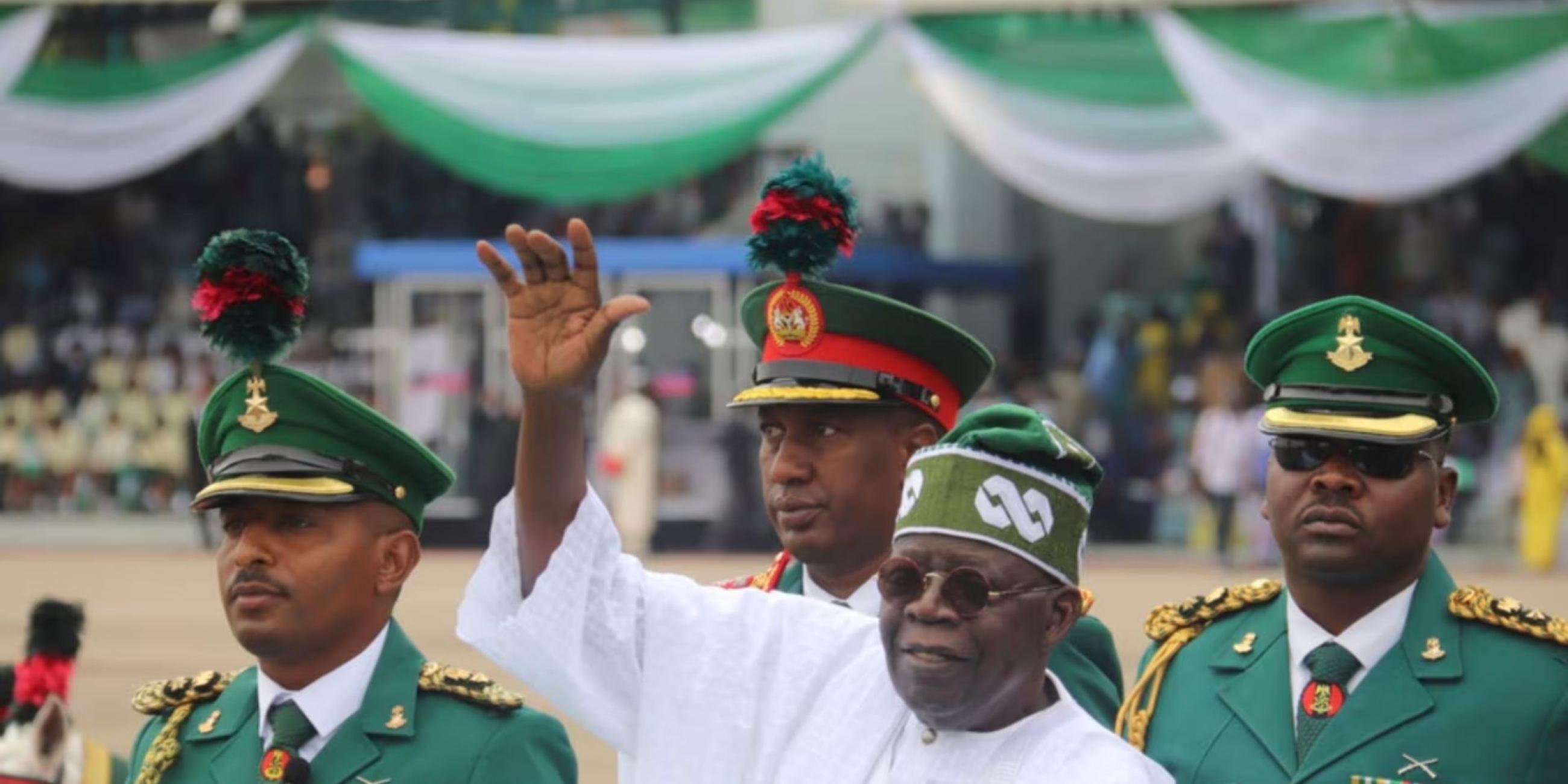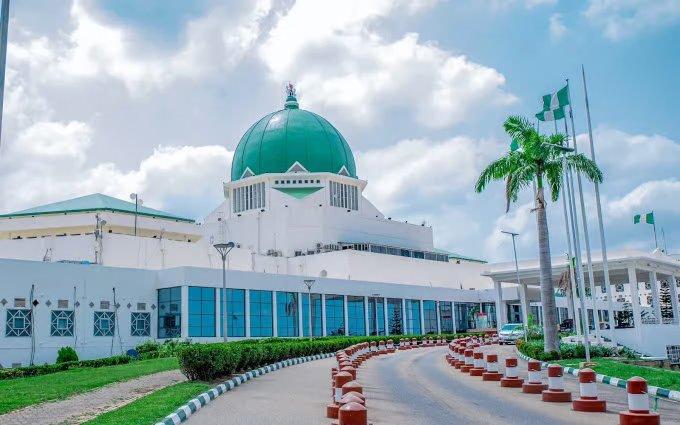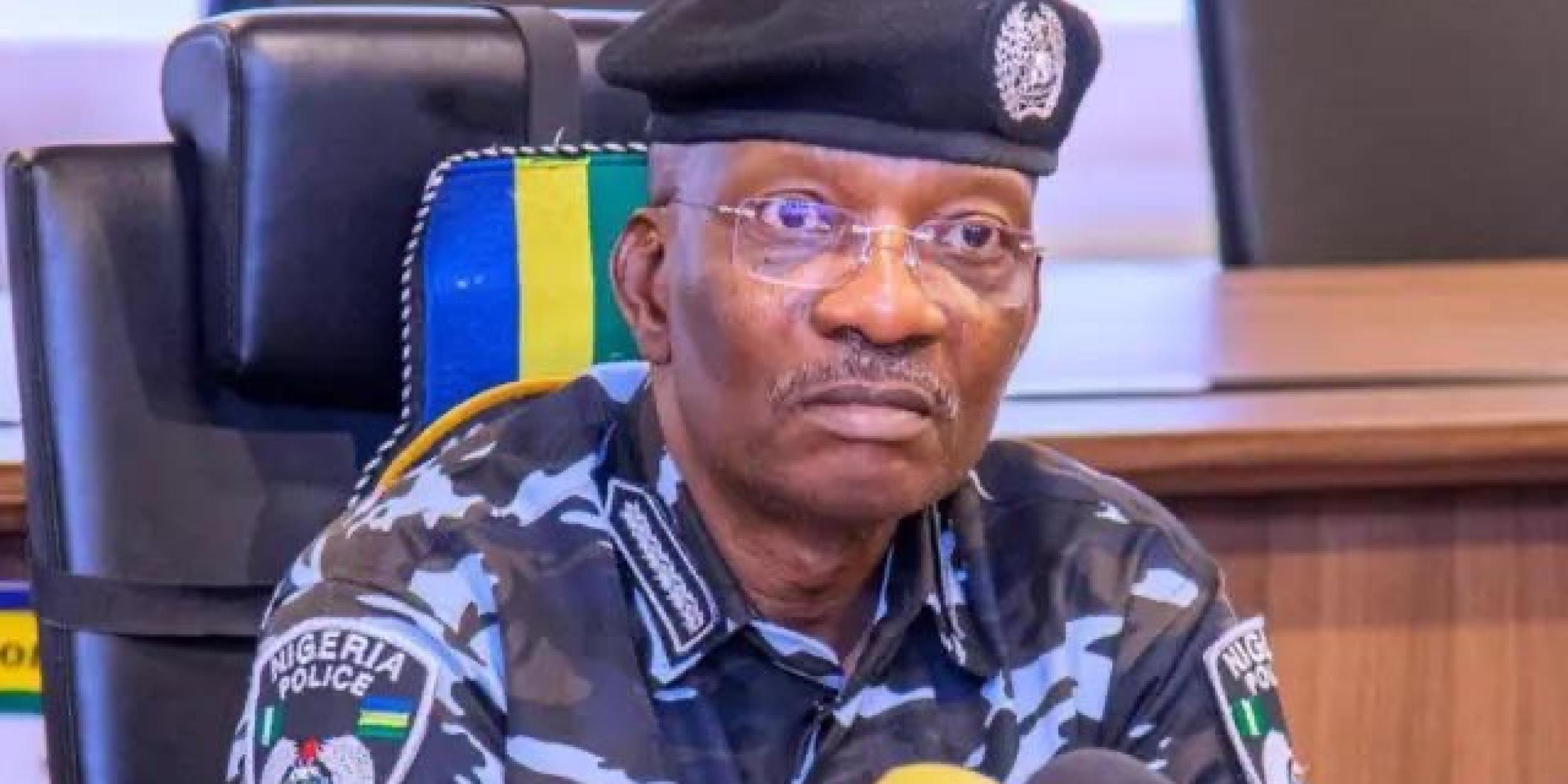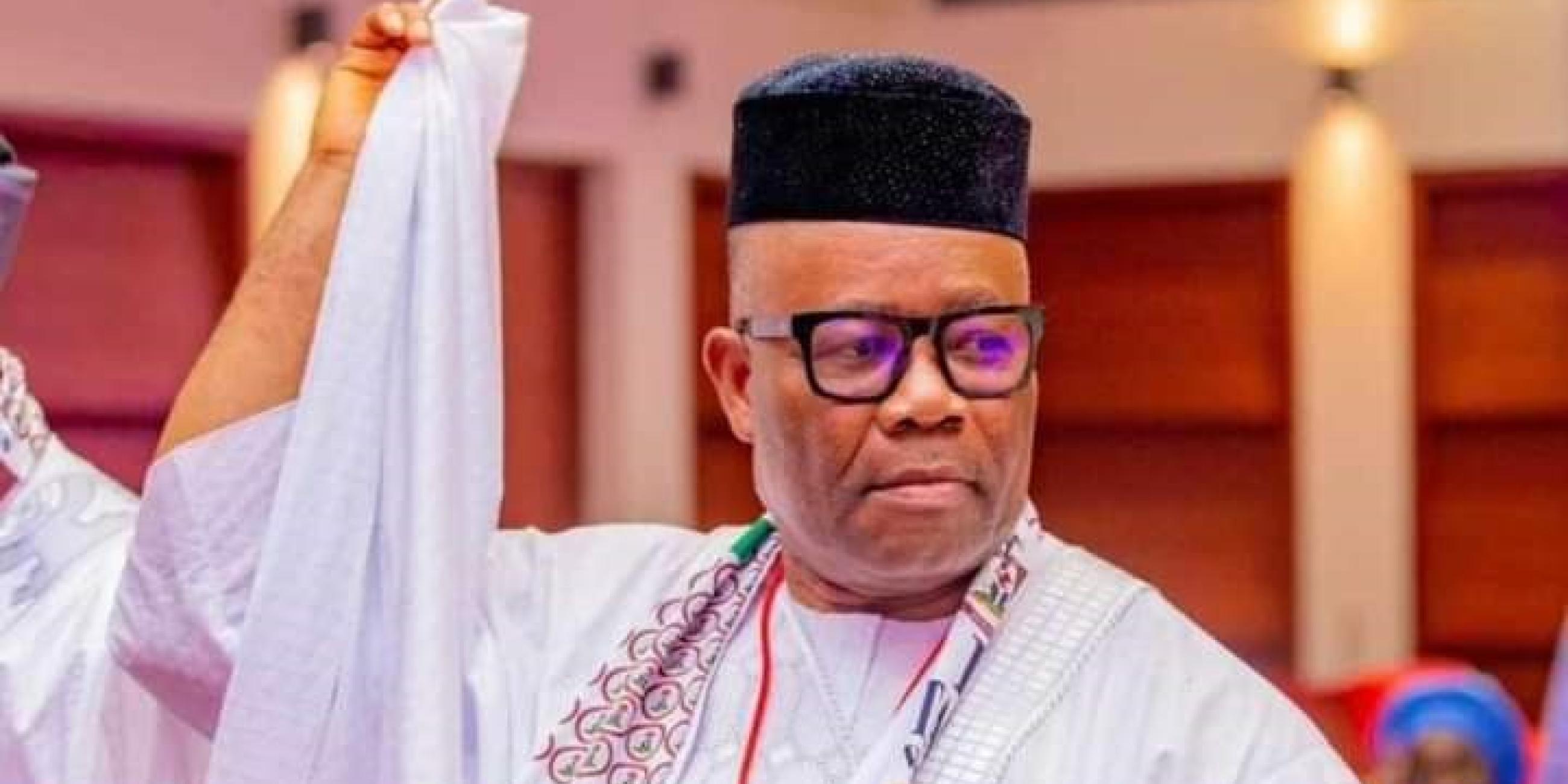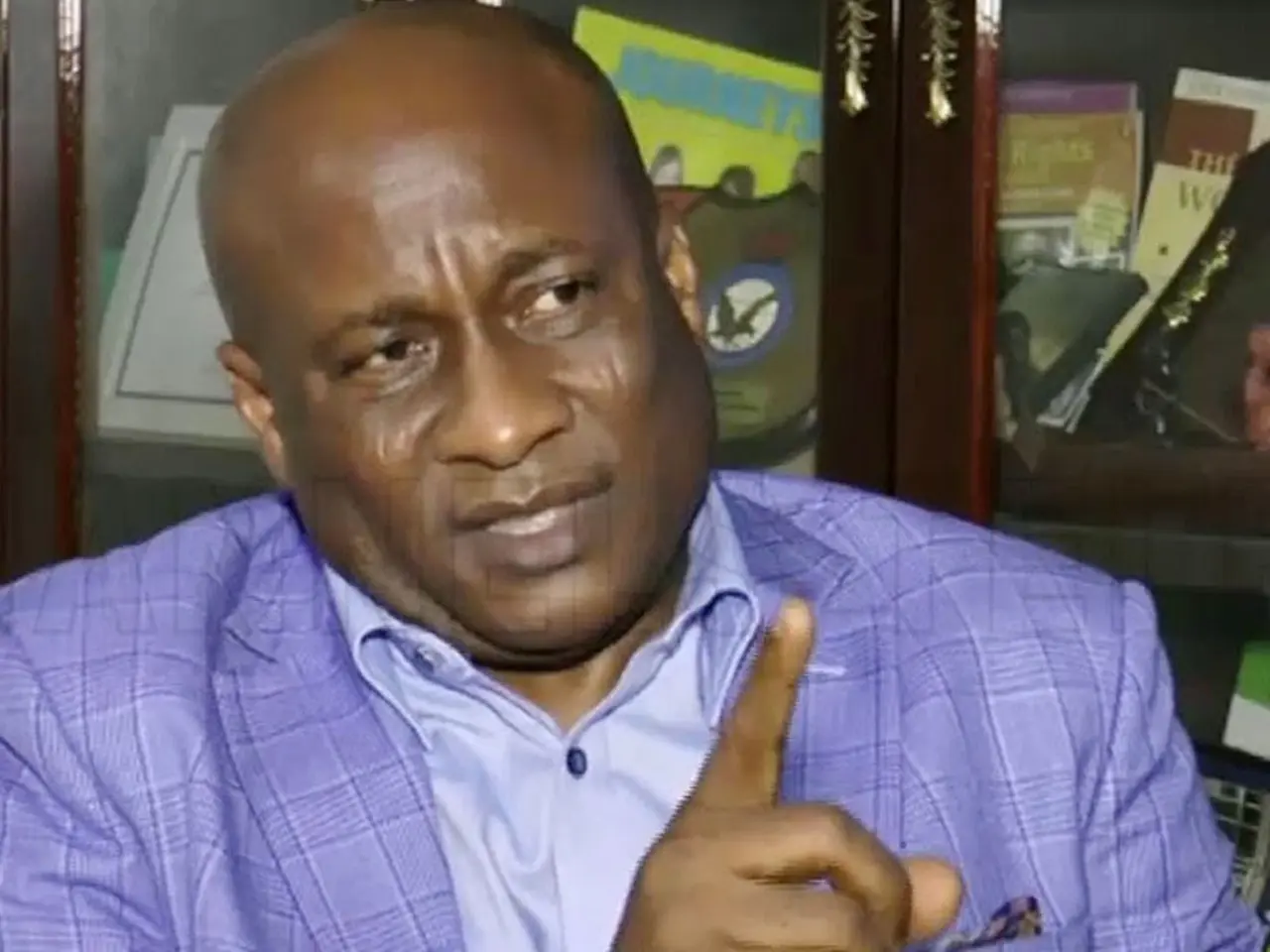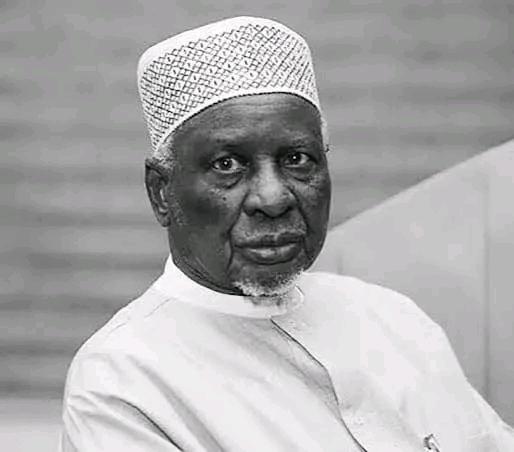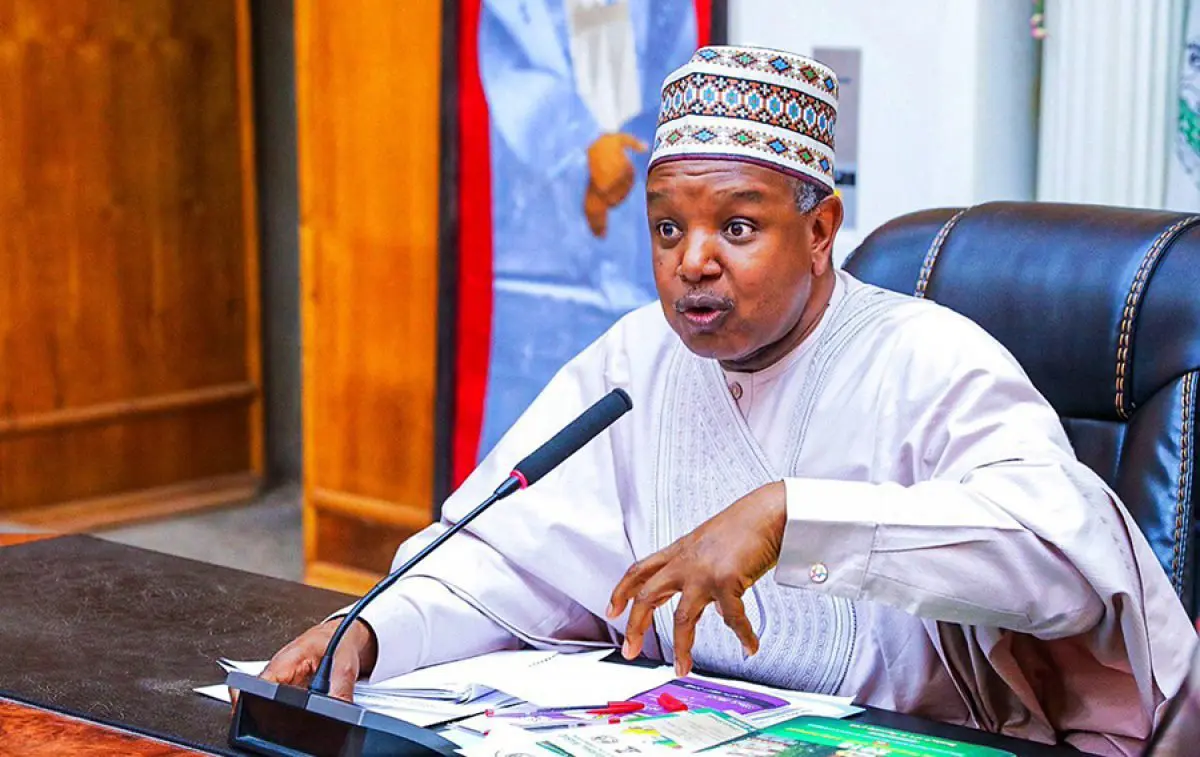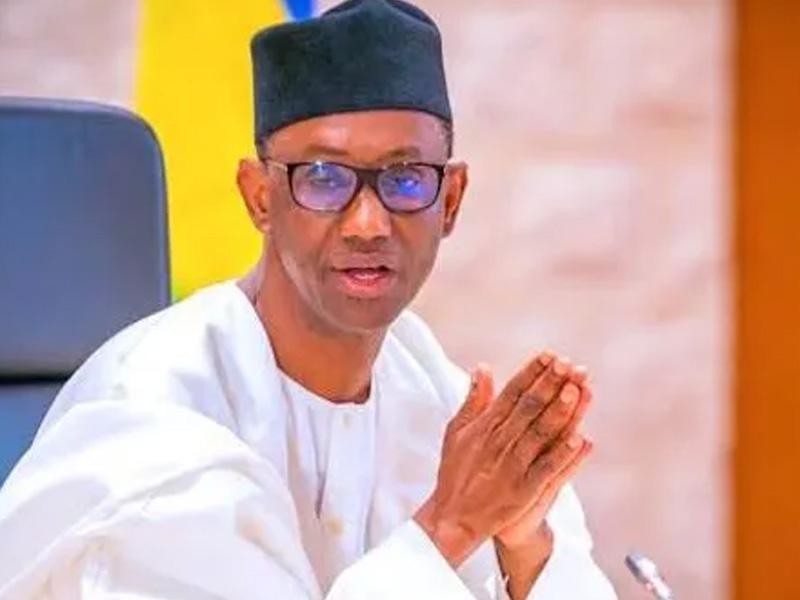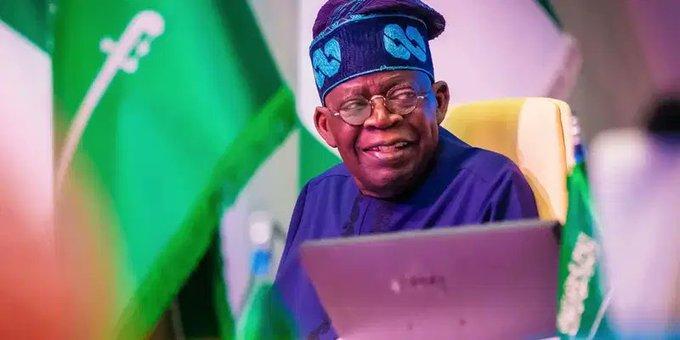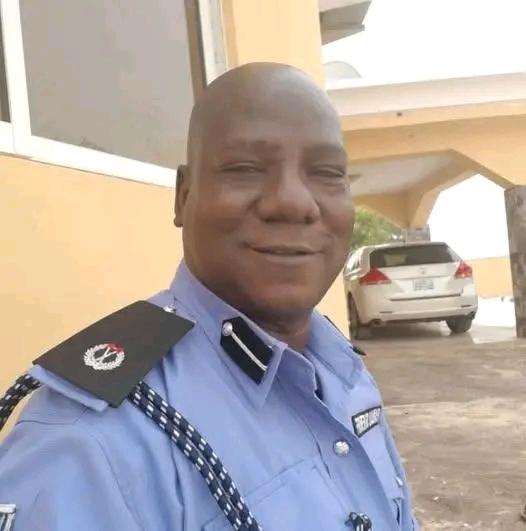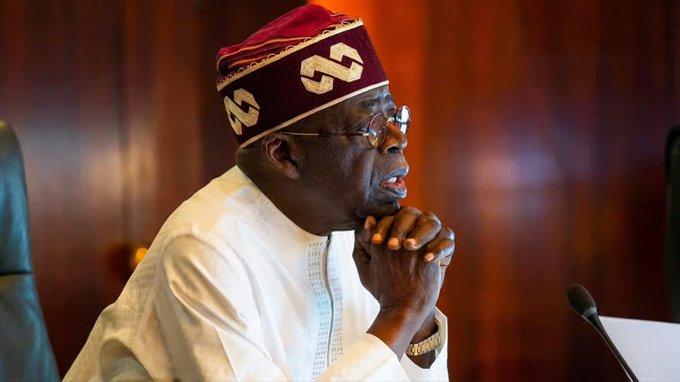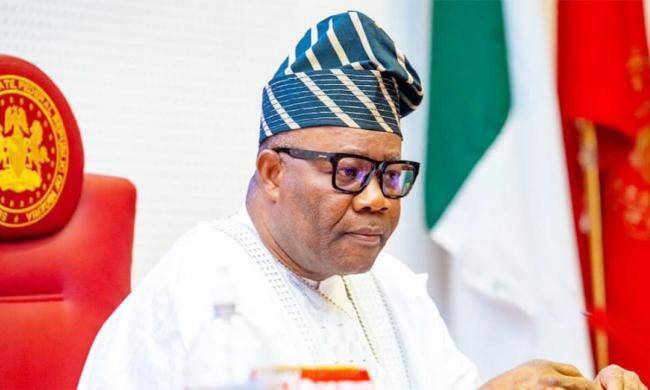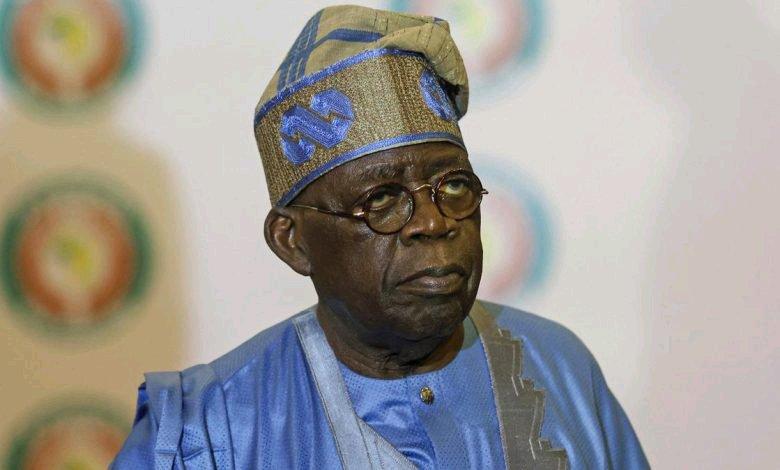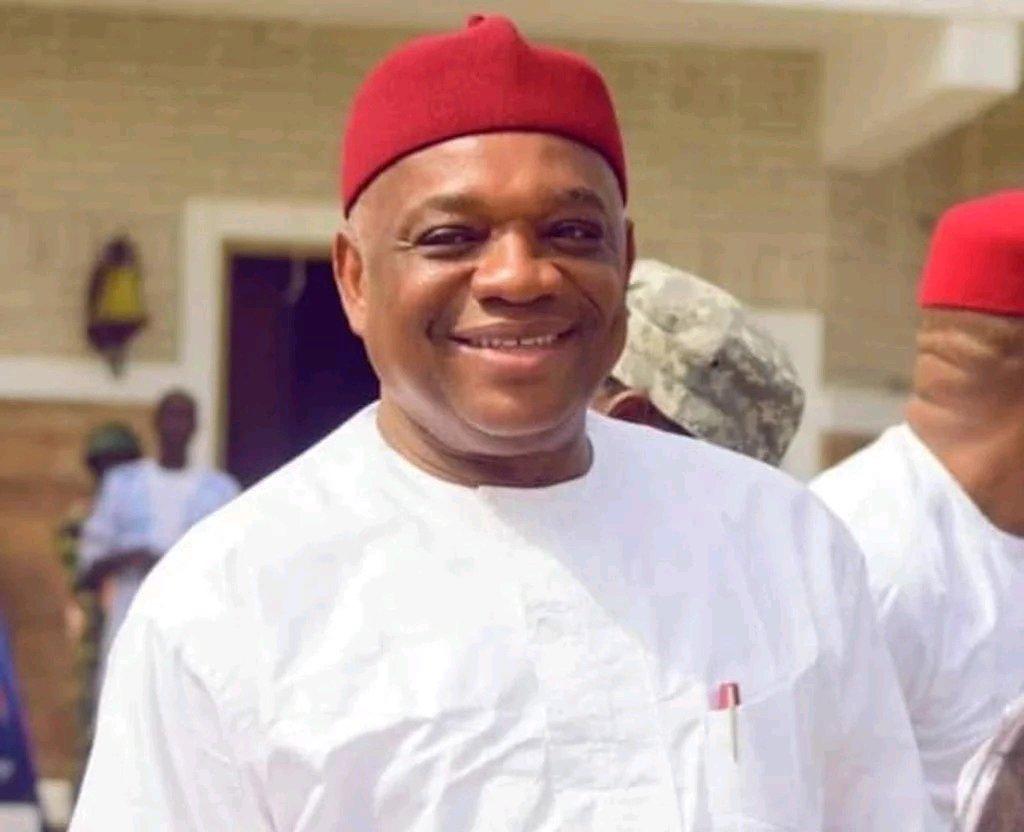What Nigerians Can Do To Help President Tinubu Make Nigeria Secure Again
It is not an overstatement to say that President Tinubu was created to lead our nation at a time like this. His declaration of a National Security Emergency and the powerful, actionable steps contained therein show that we finally have a leader with the political will and tactical ability to bell the cat that has proven most stubborn and elusive in the past.
For too long, we have had a numbers challenge—i.e., we did not have enough troops to physically secure a population of 235 million with a landmass of almost 1 million square kilometres.
Today, the President has provided strong leadership to address this lacuna in our national security architecture. And right-thinking Nigerians are grateful for this step to address this hateful scourge.
Already, we have seen results in the recent and decent rescue of students in Kebbi State and worshippers in Kwara State. It is certain that more Tinubu wins will come.
This recruitment into our military and paramilitary forces, along with the recall of 100,000 police officers previously on VIP protection detail, is a welcome development and step in the right direction that all Nigerians should support.
I urge our people to enlist in our Army, Airforce, Navy, Police and paramilitary agencies.
Furthermore, President Bola Tinubu taking the issue of State Police to the National Assembly in his National Emergency on Security is the most radically progressive step a Nigerian leader has done in the War on Terror since 1999. I not only commend the President, but also join in appealing to Parliament to make haste and hearken to, as well as hearten to, the President's call.
If they do this, this tenth National Assembly will be the greatest Legislature in the history of democratic governance in Nigeria.
I call on all Nigerians who want a secure country to contact their Senators and Representatives and ask them to support President Tinubu's initiative. Together, we can help the President fulfil his vision to secure Nigeria.
Once again, we plead with the National Assembly to employ all means, including the Doctrine of Necessity. The nation will be on a sounder footing if our Parliament gives the right hand of fellowship to the President and helps make Nigeria Secure Again!
Reno Omokri
Gospeller. Deep Thinker.
#TableShaker. Ruffler of the Feathers of Obidents. #1 Bestselling author of Facts Versus Fiction: The True Story of the Jonathan Years. Hodophile. Hollywood Magazine Humanitarian of the Year, 2019. Business Insider Influencer of the Year, 2022. 21st Most Talked About Person in Africa, 2024.About Person in Africa, 2024.
What Nigerians Can Do To Help President Tinubu Make Nigeria Secure Again
It is not an overstatement to say that President Tinubu was created to lead our nation at a time like this. His declaration of a National Security Emergency and the powerful, actionable steps contained therein show that we finally have a leader with the political will and tactical ability to bell the cat that has proven most stubborn and elusive in the past.
For too long, we have had a numbers challenge—i.e., we did not have enough troops to physically secure a population of 235 million with a landmass of almost 1 million square kilometres.
Today, the President has provided strong leadership to address this lacuna in our national security architecture. And right-thinking Nigerians are grateful for this step to address this hateful scourge.
Already, we have seen results in the recent and decent rescue of students in Kebbi State and worshippers in Kwara State. It is certain that more Tinubu wins will come.
This recruitment into our military and paramilitary forces, along with the recall of 100,000 police officers previously on VIP protection detail, is a welcome development and step in the right direction that all Nigerians should support.
I urge our people to enlist in our Army, Airforce, Navy, Police and paramilitary agencies.
Furthermore, President Bola Tinubu taking the issue of State Police to the National Assembly in his National Emergency on Security is the most radically progressive step a Nigerian leader has done in the War on Terror since 1999. I not only commend the President, but also join in appealing to Parliament to make haste and hearken to, as well as hearten to, the President's call.
If they do this, this tenth National Assembly will be the greatest Legislature in the history of democratic governance in Nigeria.
I call on all Nigerians who want a secure country to contact their Senators and Representatives and ask them to support President Tinubu's initiative. Together, we can help the President fulfil his vision to secure Nigeria.
Once again, we plead with the National Assembly to employ all means, including the Doctrine of Necessity. The nation will be on a sounder footing if our Parliament gives the right hand of fellowship to the President and helps make Nigeria Secure Again!
Reno Omokri
Gospeller. Deep Thinker. #TableShaker. Ruffler of the Feathers of Obidents. #1 Bestselling author of Facts Versus Fiction: The True Story of the Jonathan Years. Hodophile. Hollywood Magazine Humanitarian of the Year, 2019. Business Insider Influencer of the Year, 2022. 21st Most Talked About Person in Africa, 2024.About Person in Africa, 2024.




